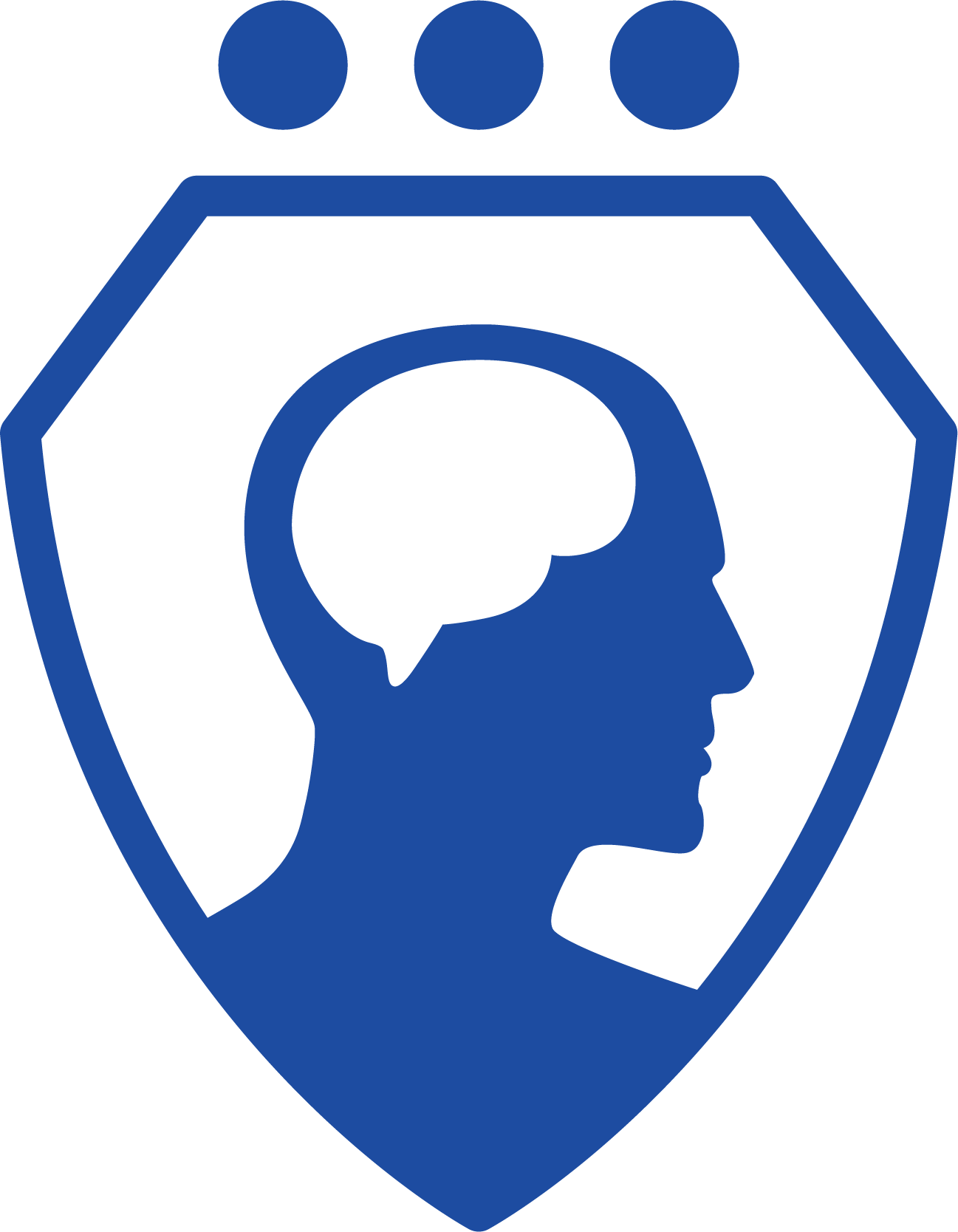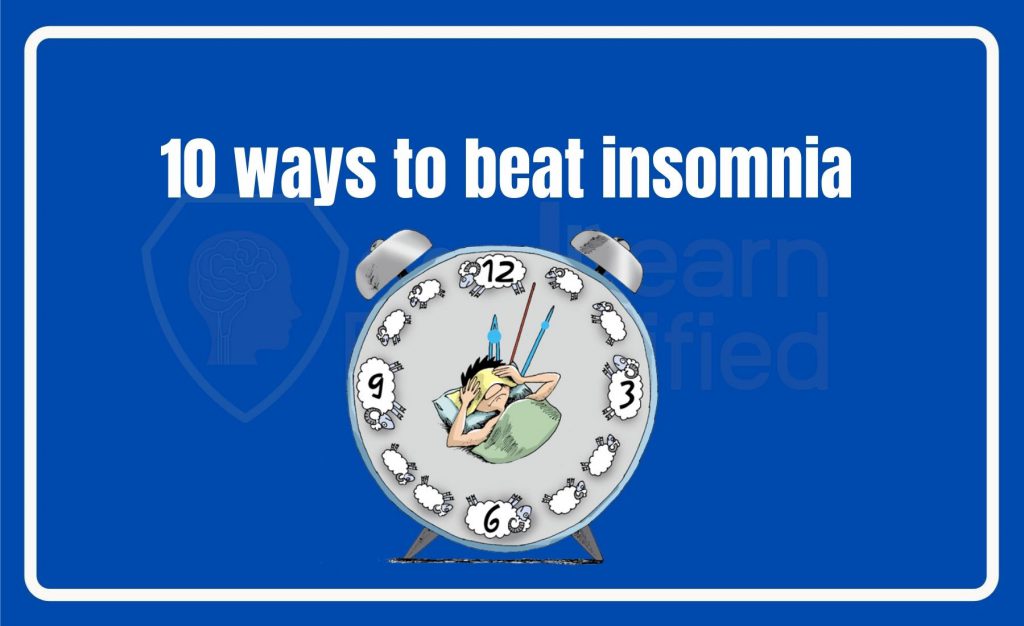What causes Insomnia :
Insomnia is a common sleep disorder that can make it hard to fall asleep, hard to stay asleep or cause you to wake up too early and not be able to get back to sleep. You may still feel tired when you wake up. Insomnia can sap not only your energy level and mood but also your health, work performance and quality of life. Insomnia can be caused by psychiatric and medical conditions, unhealthy sleep habits, specific substances, and/or certain biological factors. There are many medical conditions that can lead to insomnia.
At some point, many adults experience short-term (acute) insomnia, which lasts for days or weeks. It’s usually the result of stress or a traumatic event. But some people have long-term (chronic) insomnia that lasts for a month or more. Insomnia may be the primary problem, or it may be associated with other medical conditions or medications.
Insomnia may be the primary problem, or it may be associated with other conditions. Chronic insomnia is usually a result of stress, life events or habits that disrupt sleep. Treating the underlying cause can resolve insomnia, but sometimes it can last for years.
Here are some amazing ways to beat insomnia and get better sleep
Follow a regular sleep pattern:
Waking at the same time every day will actually help you to sleep better at night. A fixed wake time helps to build a strong desire for sleep throughout wakefulness. This sleep drive gradually builds, and shortening it by sleeping in will make it harder to fall asleep the next night. That includes weekends. By sticking to a schedule you’ll be significantly more alert than if you slept for the same total amount of time at varying hours during the week.
Make up for lost sleep ASAP:
Most of the first few hours of sleep can be recovered, but if the amount of sleep lost is more than a few hours, not all of it will be recovered.If you lose only five hours of sleep throughout the week, you can probably recover most of the five hours over the weekend.
while you sleep, your brain is cataloging information and healing your body. It decides what’s important to hold onto, and what can be let go. Your brain creates new pathways that help you navigate the day ahead. Sleeping also heals and repairs your blood vessels and heart.
Not everyone needs the same number of hours of sleep per night. Some people need nine or more, and others are fine with six or less. To figure out how much you need, take stock of how you feel the next day after different amounts of sleep.
You can also figure out how much sleep you need by allowing your body to sleep as much as it needs over the course of a few days. You’ll then naturally get into your body’s best sleep rhythm, which you can continue after the experiment is over.
Use sleep apps to help you get better rest:
It’s true that simply putting your phone away an hour before bedtime can help your eyes relax and prep you for better sleep, but your phone can help you best insomnia in other ways too. We’re talking about apps. These days, there is an app out there for literally everything!
Just a small selection from the many sleep-related apps available include HeadSpace for its super simple guided meditation practices; White Noise for – you guessed it – white noise, which helps you discover the perfect soundscape to help you fall asleep faster; and Sleep Cycle, a sleep tracker that evaluates your sleep and wakes you up at the most ideal time.
Is counting sheep actually a real thing? We’re not sure about that, but we are sure about the four tips above. From decompressing with a bath to winding down with white noise, it’s time to kiss your insomnia goodbye! A well-rested body is the first step to perfectly glowing skin – you can count on us to take you the rest of the way.
Stop associating your bed with anxiety :
Somniphobia causes extreme anxiety and fear around the thought of going to bed. This phobia is also known as hypnophobia, clinophobia, sleep anxiety, or sleep dread.
Sleep disorders can cause some anxiety around sleeping. If you have insomnia, for example, you might worry throughout the day about being able to sleep that night. Frequently experiencing nightmares or sleep paralysis also contribute to sleep-related worrying.
Your bed should conjure up feelings of tranquility and positivity. Therefore, if you find yourself becoming distressed because you can’t sleep, get out of bed. Take that negativity elsewhere. You do not want your mind to associate your bed with anxiety. The only things that happen in your bed should be pleasurable and relaxing. You wouldn’t believe the number of insomniacs who equate their beds with negativity, simply because they spend so much of their time there agonizing.
Create a comfortable sleeping environment :
One of the best natural ways to beat insomnia is to create a comfortable sleeping environment that is free from distractions such as cell phones, laptop computers and televisions. You should also control the temperature, lighting and noise in your bedroom to make the environment more conducive to falling asleep. If you still find yourself lying in bed awake for more than 20 minutes, get out of bed and go into another room. Try meditating, drinking warm milk or reading a few pages of a book until you feel sleepy enough to get back into bed.
Use relaxation techniques :
There are a bunch of things you can do to help you relax at night. Try deep breathing to calm yourself and get your brain in a mindset for sleep. When your brain is cooler, it’s more likely to rest and yawning is one of the body’s ways to cool your brain. Do it yourself with deep breaths.
If stress and ruminating about the day’s events or your to-do list for tomorrow are keeping you up, start a sleep journal. Keep a notebook and pen by your bed and write down all of the stuff on your mind. By getting it out on paper, you no longer need to keep repeating it in your mind.
No screen time before sleep :
Sleep specialists advise getting off any electronic devices a full two hours before your head hits the pillow. Dim your lights and minimize exposure to mobile devices, like iPads and smartphones which emit “blue light” and keep you awake.
The blue light emitted from these your screen can increase alertness and reset the body’s internal clock to a later schedule. Exposure to bright light at night tricks your brain into thinking it is still daytime, keeping you awake and alert. Darkness signals the body to produce melatonin, the naturally occurring hormone that makes you feel sleepy.
Try ASMR:
Also known as Autonomous Sensory Meridian Response, this sensation is described as a euphoric, calming sensation that starts with a relaxing tingling in your scalp and neck, before traveling down to your arms and legs. As strange as it sounds, it does a pretty good job at putting some people to sleep.
To induce ASMR, plug into a video or guided meditation The result should have you happily snuggling into your bed, and falling into blissful slumber.
Exercise during the day:
Exercising 20 minutes every other afternoon halved the time insomniac people in sedentary jobs needed to fall asleep. People who exercise regularly sleep better at night and feel more energized during the day. Regular exercise also improves the symptoms of insomnia and sleep apnea and increases the amount of time you spend in the deep restorative stages of sleep.
A caveat — while exercise is essential for a good night’s sleep, exercising at night can cause problems for some people. Exercise raises the heart rate and core temperature and excites the nervous and endocrine systems. If you must work out after dark, keep your workout to the same time every night, and keep it short as the longer the session is, the harder it is to wind down after.
Try mindful meditation:
Meditation is a great way to calm the mind and put the body at ease. For those suffering from insomnia, adding a quick round of meditation at night can make all the difference. Meditation allows people to let go of the stress and anxiety of the day. It lets them truly breathe and reflect within as an effective way to put the mind at rest.
Meditation helps people control their thoughts, emotions, perceptions, and behaviors. Studies show that this mindful control and understanding can promote better sleep and heal the body from the inside out. The next time your head is full and chaotic, take a few minutes to be mindful of your body and emotions, using meditation techniques to connect with your inner thoughts.

